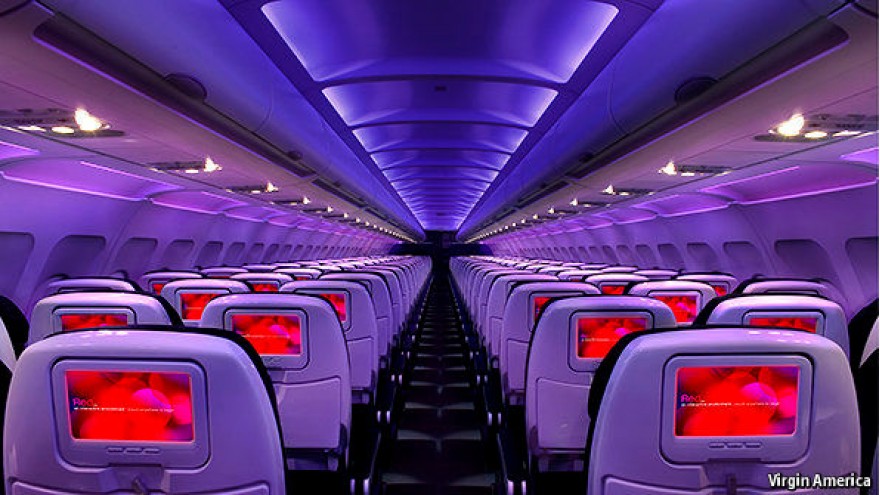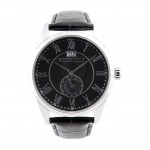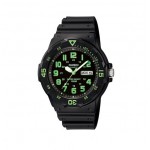The Success Of Airline Companies
Some airlines seem to have decided that the solution is better perks. Leading the way is Virgin America. Earlier this autumn, the California-based airline announced that it would join with Netflix to allow subscribers to the web video service to stream movies and TV shows for free on board. Last week, it added two more in-flight entertainment options, announcing partnerships with Spotify, to allow flyers to stream its catalogue of more than 30m songs, and with the New York Times to let passengers read a selection of news stories for a limited time period.
Mrs Clinton is hardly the first high-profile critic of the industry’s handling of flight prices. This summer, the US Justice Department opened an investigation into possible collusion among airlines to keep ticket prices high.
HILLARY CLINTON penned an op-ed last week on Quartz, a business-news website, taking aim at companies that aren’t doing all they can to save their customers money. Among her targets were airlines. The front-runner for the Democratic presidential nomination wrote:
Over the past year, oil prices have fallen from over $100 a barrel to under $50, and the price of jet fuel has dropped more than a dollar per gallon. But the four major airlines—down from 10 airlines just 15 years ago—are charging as much as ever for tickets, even as they hit travelers with extra fees, for everything from checking a suitcase to picking a seat when they fly home at the holidays.
Airlines, of course, don’t want to lower prices. If fuel costs go down but ticket prices don’t, that’s new profit. The trouble is that most travelers decide which flight to book largely on the basis of price. How else to explain the success of airlines like Frontier and Spirit, which are among the least reliable airlines when it comes to flight times and widely derided for their stinginess with on-flight amenities, yet are enjoying a strong bottom line? Time and again, passengers are willing to sacrifice comfort, reliability and perks to get the cheapest tickets.
Virgin America could easily have decided it had invested enough in perks; after all, it was just named the best American airline by Condé Nast Traveler readers for the eighth year in a row. (Gulliver wonders how much of its allure comes from the trippy purple lights in the cabin, see picture.) It also has the most reliable flight times of American carriers. But those factors simply may not be enough to get customers on board if competing flights are even marginally cheaper.
These new perks, the airline hopes, could separate it from the pack. Travelers, particularly young ones addicted to (and paying for) Spotify and Netflix at home, might decide that access to a vast array of music, films and shows is worth paying an extra $40 or $50 over a rival flight, particularly if it is a long one. And many business travelers would gladly pay a premium for fast, reliable internet—something Virgin America is pledging to offer, following a new deal with Viasat, a satellite-maker, that the airline promises will give passengers “internet speeds similar to what they have at home.”
But these experiments have potential pitfalls. First, if 200 people on a flight are all trying to stream songs or videos at once, the odds are high that internet speeds simply won’t be able to keep up. And then there is the question of the lasting value of these new perks. As more passengers are able to access multimedia from their own devices on flights, it may not be that useful to be able to read a curated version of the news or scroll through a wider selection of movies on a seatback screen. We will see whether such perks will be enough to overcome the magnetic pull of the lowest airfare.





Comments